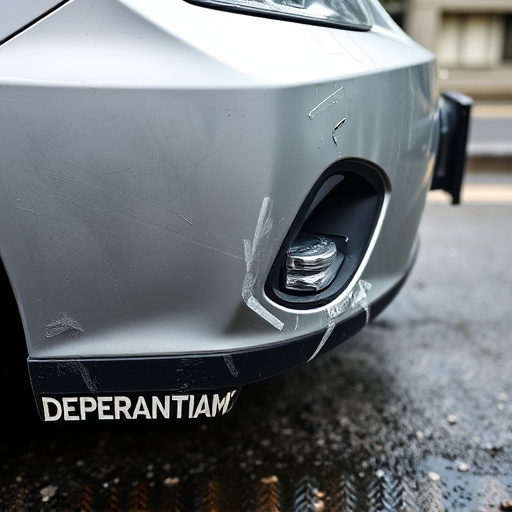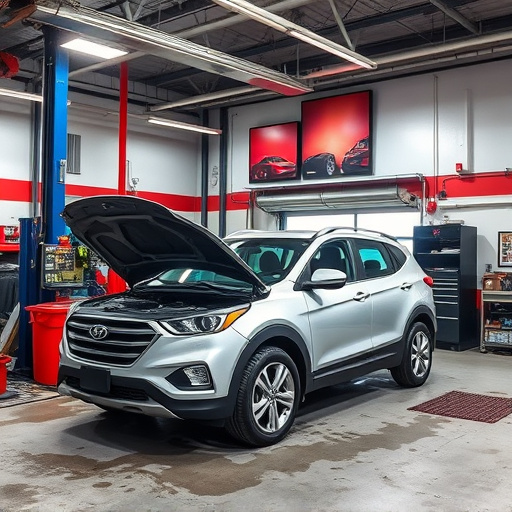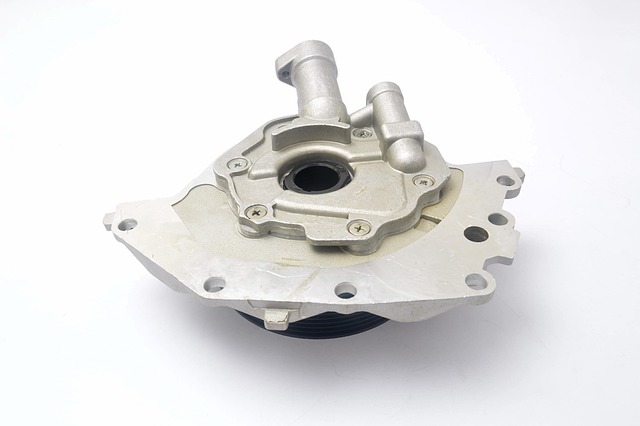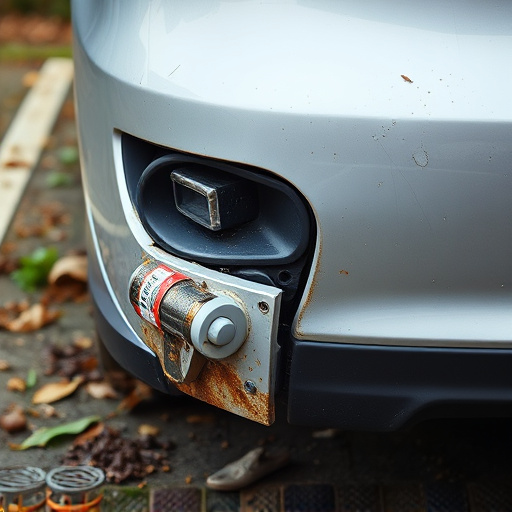Rental car insurance coverage is a safety net protecting renters and rental car companies from financial losses due to damage, theft, or accidents during the rental period. Key benefits include liability coverage for property damage and bodily injury, comprehensive protection against non-collision events like theft or natural disasters, and collision insurance for accident-related damages. Assess your current auto policy's limits, driving history, and risk tolerance when selecting coverage. Consider comprehensive options if you have minimal home rental car coverage or a history of accidents, even at a higher premium.
Navigating unfamiliar territories can be stressful, especially when it comes to understanding rental car insurance. This guide is designed to offer peace of mind by demystifying rental car insurance coverage. We’ll explore what this coverage entails, delve into different types and their benefits, and provide strategies for selecting the optimal plan tailored to your needs. By the end, you’ll be equipped with the knowledge to make informed decisions, ensuring a worry-free driving experience.
- What is Rental Car Insurance Coverage?
- Types of Coverage and Their Benefits
- How to Choose the Right Rental Car Insurance Plan for You
What is Rental Car Insurance Coverage?

Rental car insurance coverage is designed to protect both the renter and the rental car company from financial losses in case of damage or theft during the rental period. This type of coverage extends beyond the standard liability insurance provided by the rental agency, offering a comprehensive protection plan for the duration of your rental. It typically includes compensation for various types of damages, such as those caused by accidents, natural disasters, or even simple wear and tear.
Understanding what is covered under this insurance is crucial for renting with peace of mind. Common inclusions include liability coverage for property damage and bodily injury to third parties, as well as protection against theft and certain types of personal belongings loss. Some policies may also cover specific issues like a flat tire or a minor accident without incurring significant costs. Knowing the extent of your rental car insurance coverage can help you decide if additional options offered by the rental company are necessary, ensuring you’re prepared for any unforeseen circumstances that might arise during your journey.
Types of Coverage and Their Benefits

Rental car insurance coverage offers a range of options designed to protect both the customer and their vehicle during their rental period. Understanding these types of coverage can provide significant peace of mind, ensuring that unexpected incidents don’t turn into costly surprises. One key benefit is liability coverage, which shields renters from financial responsibility for damage or injury caused to others while driving the rented vehicle. This is crucial, as it protects against potential legal and financial repercussions.
Additionally, comprehensive and collision insurance are valuable components of rental car insurance coverage. Comprehensive insurance safeguards against non-collision related damages, such as theft, vandalism, or natural disasters, covering repairs or replacement costs. Collision insurance, on the other hand, specifically addresses damage caused by accidents, including incidents with other vehicles, fixed objects, or even animals. While individual policies may vary, these coverages ensure that a rented vehicle is protected from various risks, and in the event of an incident, repairs can be handled efficiently, potentially saving you the hassle and expense of navigating auto body shop or auto frame repair processes.
How to Choose the Right Rental Car Insurance Plan for You

When choosing a rental car insurance plan, start by understanding your personal auto insurance policy and its coverage limits. If your regular policy has minimal or no coverage for rental cars, you’ll need to consider options beyond the standard liability and collision deductions offered by the rental company. Opting for comprehensive and collision coverage can protect you from unexpected costs related to vehicle repair, including dent removal and auto bodywork, ensuring peace of mind during your rental period.
Assess your risk tolerance and rental history. If you have a clean driving record and rarely encounter issues with your personal vehicle, a basic insurance plan might suffice. However, if you’re renting frequently or are prone to accidents, upgrading to a more comprehensive plan that covers specific perils like theft, natural disasters, or mechanical failures could be beneficial, even if it means paying slightly more for rental car insurance coverage.
Understanding rental car insurance coverage is crucial for a stress-free travel experience. By familiarizing yourself with the different types of coverage and their benefits, you can make an informed decision when choosing a plan that suits your needs. Armed with this knowledge, you’ll have peace of mind knowing you’re protected should any unforeseen circumstances arise. Maximize your rental car experience by prioritizing your safety and financial security through adequate insurance coverage.














